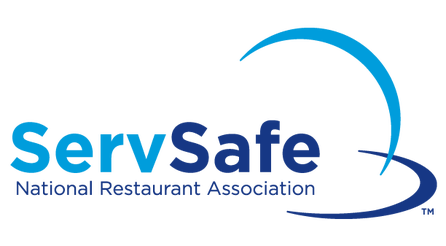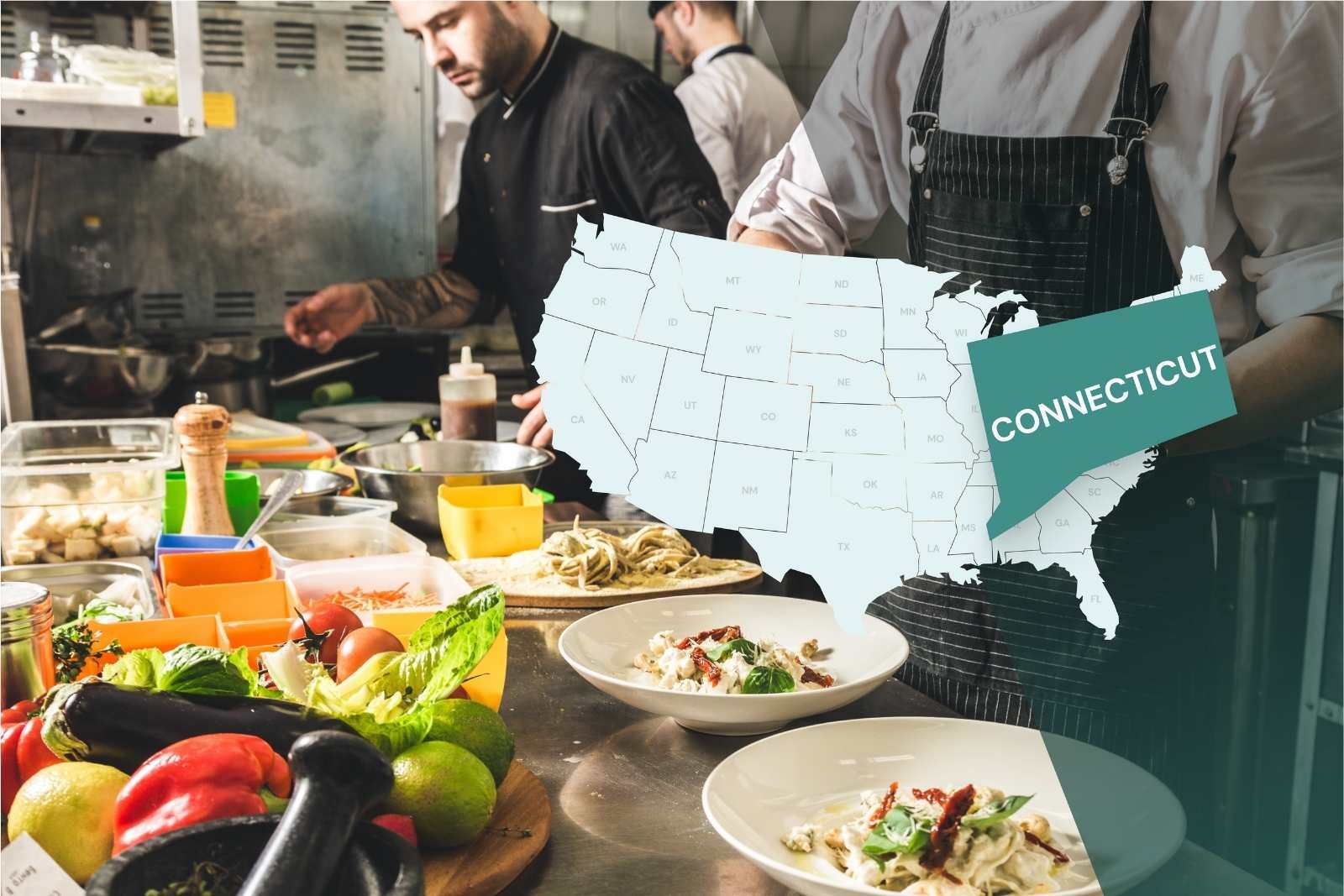Simple Steps to Get Your servsafe food handler certificate Without Difficulty
Simple Steps to Get Your servsafe food handler certificate Without Difficulty
Blog Article
Boost Your Work Opportunities: Why a Food Trainer Certificate Is a Must-Have in the Culinary Sector
In today's affordable culinary landscape, the relevance of a food trainer certificate can not be overstated. As dining establishments and food solution establishments progressively focus on certified personnel, specialists equipped with this accreditation stand to get a substantial advantage.
Significance of Food Security
In the culinary industry, the importance of food safety and security can not be overemphasized. Infected food can lead to severe health and wellness issues, including foodborne ailments, which can influence individuals and lead to significant responsibility for food facilities.
Food security encompasses a variety of treatments, including proper food handling, storage space, cooking, and offering strategies. Abiding by these practices not just lessens the risk of contamination yet likewise helps in abiding with regional health and wellness laws. Appropriate training in food safety makes it possible for cooking professionals to identify potential hazards and apply precautionary steps properly.
Moreover, a strong dedication to food safety can boost the credibility of a cooking facility, cultivating client commitment and business development. Consumers are progressively aware of food safety and security issues, making it crucial for food handlers to demonstrate their adherence to ideal practices. Inevitably, prioritizing food security is not simply a regulatory demand; it is a basic aspect of supplying quality food solution and securing the wellness of clients.

Certification Needs
Food security methods are just as reliable as the individuals executing them, making qualification an important step for food trainers in the culinary market. To obtain a Food Trainer Certification, candidates have to usually complete a training program that covers vital topics such as foodborne diseases, hygiene, individual hygiene, and secure food managing techniques.
The majority of qualification programs are developed to accommodate various learning styles, providing options for online, in-person, or crossbreed styles. Individuals must pass an examination to show their understanding of the product, with a minimum passing rating commonly set at 70%.
The duration of training can vary, with some programs requiring just a few hours, while others might expand over several days. After successfully completing the program and test, candidates receive their certification, which is usually legitimate for three to five years, depending on local guidelines.
Renewal often entails retaking the training course or finishing a refresher course program to ensure that food handlers stay upgraded on the most recent methods and standards. Conformity with these accreditation requirements not just improves individual expertise however also adds to the general safety and top quality of food service procedures.
Task Market Demand
How has the work market for food trainers developed in recent times? The demand for food trainers has considerably raised, mainly driven by the growing understanding of food safety and health among customers and regulatory bodies. With the surge of foodborne diseases, dining establishments, catering solutions, and food production business are focusing on the hiring of certified food trainers to ensure conformity with health guidelines. This change has brought about a heightened focus on food safety and security training and accreditation as requirements for employment in the cooking sector.
Furthermore, the broadening dining establishment field, particularly with the development of food shipment solutions and food vehicles, has actually developed a wealth of work opportunities for food handlers. The need for proficient employees that can securely prepare and take care of food has actually come to be paramount. servsafe food handler certificate. In addition, as culinary businesses adopt much more strict safety protocols, the value of a food handler certificate has risen, making it a vital asset for work seekers
Because of this, people getting in the cooking workforce are discovering that obtaining a food handler certificate not just boosts their employability however likewise positions them favorably in an affordable work market that significantly focuses on food security and hygiene criteria.
Advantages of Accreditation
Getting a food trainer certificate uses various benefits that substantially enhance a specialist's standing in the culinary sector. It demonstrates a commitment to food security and hygiene, which is vital in preventing foodborne health problems. servsafe food handler certificate. This certification furnishes people with necessary knowledge concerning secure food handling methods, consisting of proper storage, cooking temperature levels, and sanitation procedures
Furthermore, having a food handler certificate can improve a person's employability. Many employers prioritize prospects with this qualification, you can try here viewing it as a sign of professionalism and competency. This can cause far better work opportunities and potentially higher earnings, as qualified people are often turned over with higher duties.
In addition, the certification fosters a culture of security and responsibility within the work environment. It not just improves an employee's confidence in their skills but also promotes a safer environment for customers and colleagues alike. Preserving a food handler certificate can open doors to more instructional and job improvement chances within the culinary field. Overall, this qualification is a critical financial investment that benefits both professionals and the facilities they offer, you can try here eventually adding to a flourishing cooking sector.
Actions to Obtain Certified
Getting a food trainer certificate entails a simple process that can establish individuals on a course to enhanced job potential customers in the culinary sector. The first action is to discover an accredited program or training provider that uses food safety training courses. Numerous companies offer both in-person and online choices, allowing for versatility in learning.

After effectively passing the examination, people will certainly receive their food handler certification, which is usually legitimate for a certain period, usually 3 to five years. To keep qualification, it may be necessary to finish correspondence course or take back the exam prior to the expiration day.
Finally, it is necessary to validate any neighborhood or state-specific policies regarding food trainer certification, as needs can vary. By following these actions, individuals can get their certification and dramatically enhance their employability in the affordable culinary landscape.

Final Thought
Finally, acquiring a food handler certificate is crucial in the cooking sector, as it makes sure adherence to food security standards and enhances employability. With the expanding demand important link for certified personnel, this credential not just opens doors to job possibilities yet likewise contributes to job innovation and boosted making potential. Inevitably, a food handler certificate indicates a commitment to safety and professionalism, cultivating a culture of liability that benefits both employees and companies in the food service field.
Report this page